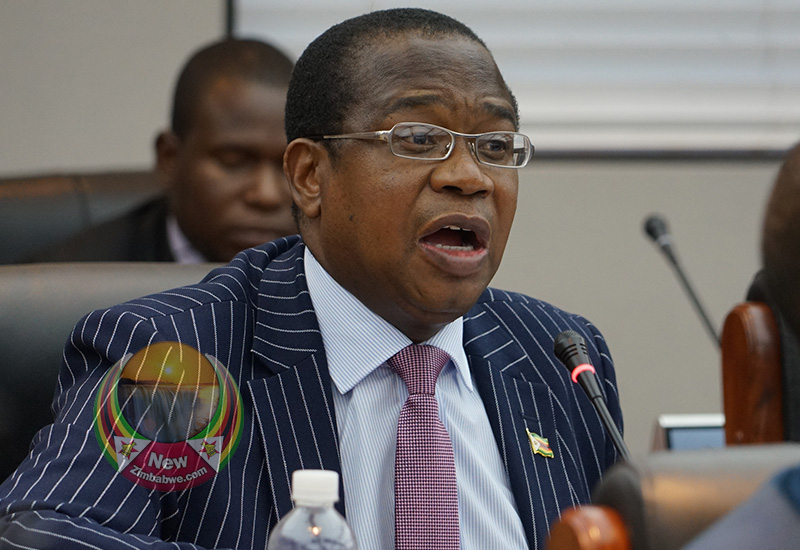Diaspora bond facility exposing how authorities are out of touch with reality

Mthuli Ncube Finance Minister
FINANCE minister Mthuli Ncube revealed last week that government is in the process of setting up a diaspora bond to attract increased investment.
A diaspora bond is a bond issued by a country to its expatriates, particularly those in wealthy countries to tap into their accumulated savings.
It is considered an alternative to borrowing from international financial institutions (IFIs), bilateral partners, or capital markets.
The proposed diaspora bond will carry an interest rate of 9% and will be structured such that rather than letting diasporans send money monthly to their relatives back home, the diaspora bond interest yield will be used for that purpose.
The cash-strapped government seeks to tap into the diasporans who have fled the country in droves searching for greener pastures due to the severe tightening of the domestic economy.
According to the latest Zimbabwe National Statistics Agency’s (ZimStat) 2022 census results, about 85% of 908 913 Zimbabwean emigrants are living in South Africa, 47 928 in Botswana, 23 166 in the United Kingdom and the balance scattered across the rest of the world.
Independent estimates, however, show that over five million Zimbabweans are living abroad.
Although diaspora bond gives diasporans a chance to contribute to the economic growth and development of their country, it is showing that Zimbabwean authorities are out of touch with lived realities of poor citizens who are being choked by burgeoning public debt.
Official statistics already show public and publicly guaranteed (PPG) debt at US$16,78 billion as of June 2022.
This PPG debt is unsustainable as evidenced by rising external arrears now standing at US$6,41 billion (48,6% of external debt stock).
To show the gravity of debt unsustainability, a granular analysis of the 2021 national budget shows that Treasury had spent more resources on debt servicing than on safety nets.
Ironically, 7,9 million citizens — about half of the total population — were estimated to be wallowing in extreme poverty in 2021 amid chronic inflation and high unemployment.
Now, instead of intensifying domestic resource mobilisation to arrest debt distress, the government is piling more debt which disproportionately benefits the elite who have unlimited access to the corridors of power.
Overreliance on borrowing is perpetrating intergenerational inequities and constraining countercyclical effects of fiscal policies.
More importantly, unsustainable debt has heightened interest, tax, and inflation rates, thereby affecting the competitiveness of domestic manufacturing firms.
As a result, Zimbabwe is now a perennial importer, struggling with high unemployment, particularly among the youth and women, and is experiencing rising income disparities.
Moreso, unsustainable debt has depleted national reserves, thus inhibiting national response to unforeseen contingencies like El-Nino-induced droughts and responding to impacts of climate change and climate variability.
Last but not least, resorting to collateralised borrowing due to limited access to concessionary loans from IFIs is fuelling unsustainable resource extraction in the mining sector, leading to environmental degradation, and pollution of air and water sources, as well as causing forced displacements of locals from their ancestral lands without compensation.
Apart from the negative impacts of public debt on the economy and citizens, there is limited data for the Treasury to have a complete mapping of the diasporans given that most of them have fled political polarisation and are still being denied their constitutional right to vote.
There is also a huge public confidence deficit being depicted through the prevailing toxic political climate, weak institutional capacity, elevated public corruption and impunity, and lack of effective oversight. – Zimcodd
Govt must adequately fund Mat’land infrastructure projects
THE Parliamentary Portfolio Committee on Budget, Finance and economic Development and Expanded Committee on Sustainable Development Goals began consultations for the national budget for 2023 on October 3






